Chris was nominated as an Arts Award alumnus for TrinityTalent for his achievements since finishing his Arts Award. He completed his Gold Arts Award in 2014 in music, mainly playing the flute, and is currently a PhD music student and has achieved many awards for his music.
Chris was nominated for TrinityTalent by his father Malcolm Hill. Malcolm said: "Chris has used his skills to inspire, teach and encourage other young musicians. He plays 11 Instruments to Grade 8 and above, he has sung as a Cathedral chorister and was awarded academic, instrumental and voice scholarships at Oxford. He has written and sold flute works all over Europe and America, played at the House of Lords, sung at the Royal Albert Hall, toured Europe, won many national and international competitions and played principal for several national orchestras. At all times Chris has stayed grounded and humble, and aware that his disabilities and past experiences of bullying could help other young musicians."
The Trinity judges said: "Chris shows outstanding achievement in music, which is particularly impressive given that his 'day job' is not connected to the arts. He's clearly a great advocate for the arts and has embedded his artistic endeavours throughout his life."
Tell us a bit about what you’re up to in your art form and with your career at the moment
With Covid disrupting live performances, I have been focussing on my PhD studies on music pedagogy, as well as writing journalistically on musical topics. I’ve also been exploring online performance, creating videos where I play as a flute-choir by multi-tracking over myself, as well as recording alongside my wonderful pianist Amy Butler to publish on Youtube.
How have your Trinity College London qualifications influenced your progress with your art?
Taking the Trinity series of exams helped me explore and progress on my main instrument, the flute, right up until my Fellowship exam and beyond. On my other instruments, too, the exams helped me structure my progression and encouraged me to take some of those instruments to a degree of fluency that I never thought I’d attain when I started out.
Taking Gold Arts Award also had a profound impact on my music. It taught me the skills of organising and putting on a concert independently, but it also piqued my interest in writing about music. This is something I continue to do today.
Has taking part in a Trinity qualification helped you to develop wider skills?
My time completing my Gold Arts Award helped me not only realise my interest in writing about musical topics but helped improve my writing style. Writing for Voice magazine has helped me learn how to communicate complicated musical concepts in a less formal academic style than I was used to for university writing. My experience with the instrumental exams helped me learn how to compose and present a concert programme, and the skills I learnt by taking those exams are ones I still use in my performance practice.
What did you do following your qualification? Do you have any ambitions to complete any more qualifications?
Having completed the Arts Award and instrumental exams and diplomas, I am keen to learn how to become an examiner and Arts Award adviser myself, so I can pay forward my experience to the next generation of young artists.
What are your career aims?
I hope to become both an academic and performing musician: performing in ensembles and as a soloist, as well as engaging with my academic fascination with music as an art form, the way it is taught, and its use within other media.
Have you got any advice for other young people working towards an Arts Award or Trinity qualification?
As young people, we are taught within a very results-oriented education system: you are told to seek the highest grade for your exams and your progress is focussed towards that high grade. It is tempting to see music exams and awards similarly, and I would encourage young people to resist that temptation. High grades are nice – they are a highly reassuring and rewarding thing to acknowledge your achievements – but the focus, as in all education, should be on the learning process itself. Try to see the ways in which the preparation and execution of one of these qualifications are actively helping you as an artist and latch onto them; examine the way you work and what these qualifications can teach you.
More from Chris
Watch Chris Hill perform on his YouTube channel Chris Hill, flute & Amy Butler, piano.
Read more about the talented young people selected to be featured as part of the TrinityTalent Class of 2020.


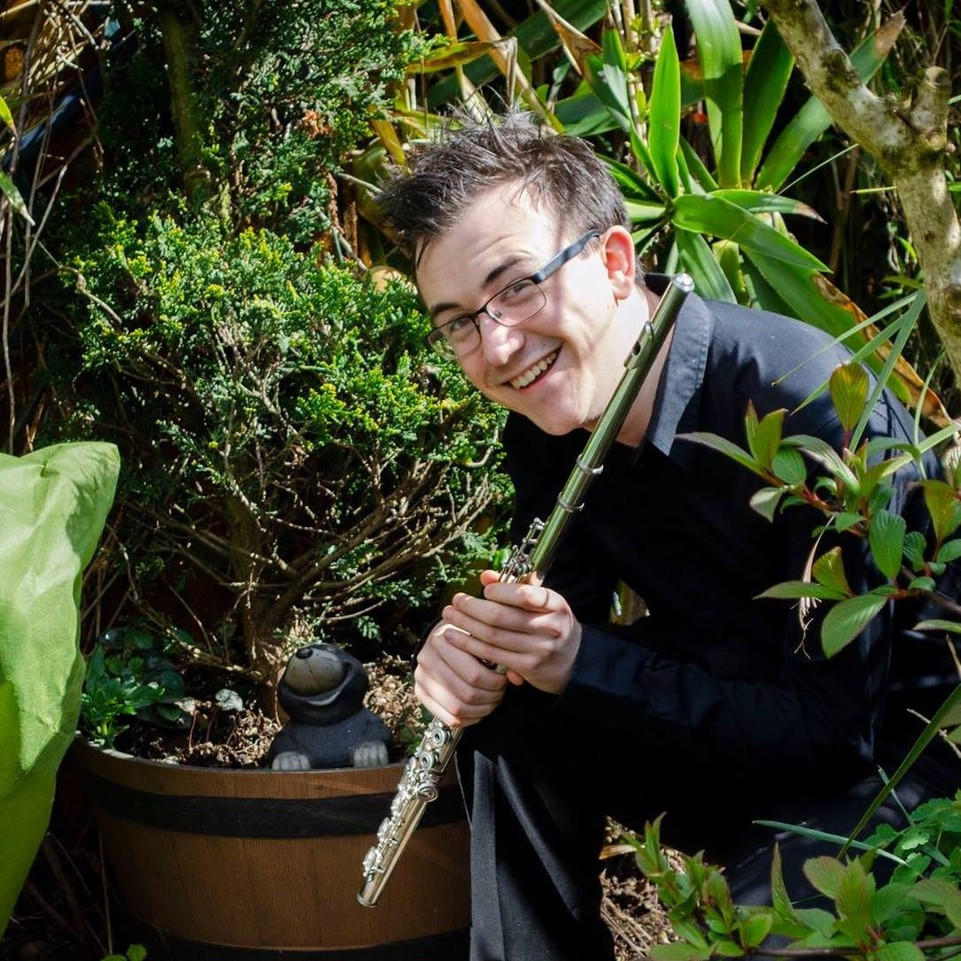
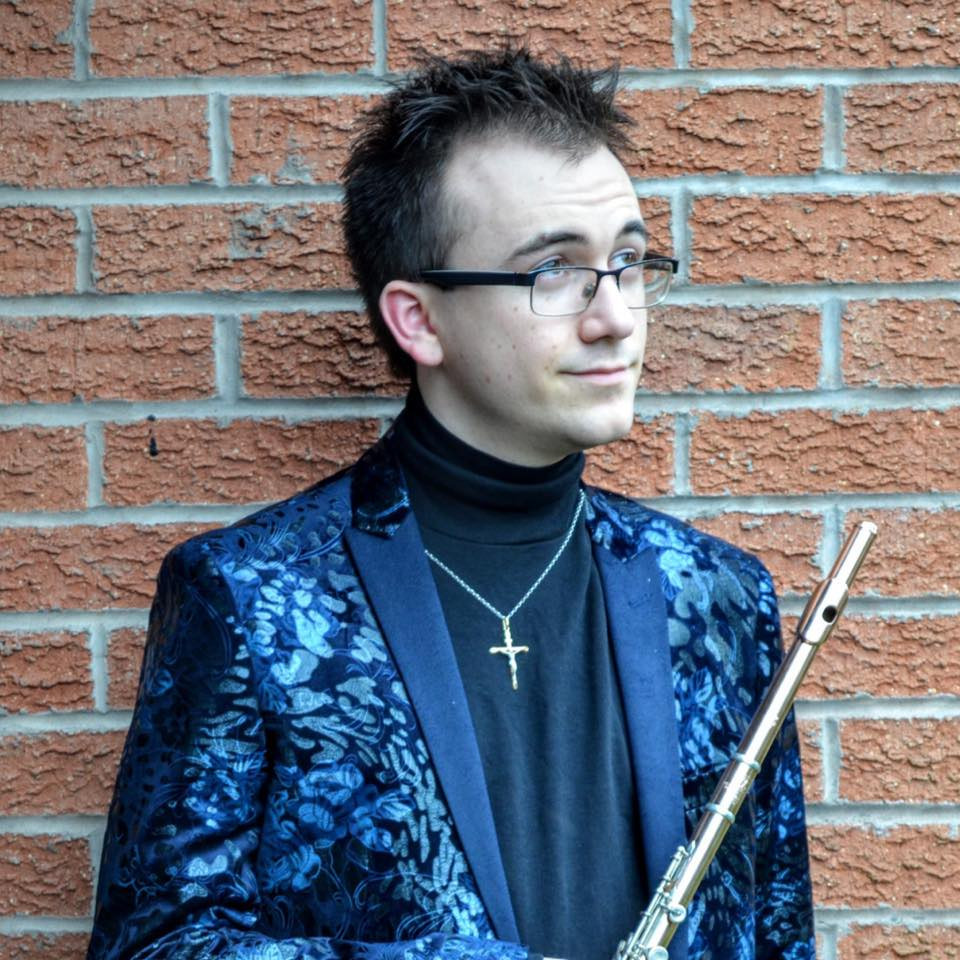
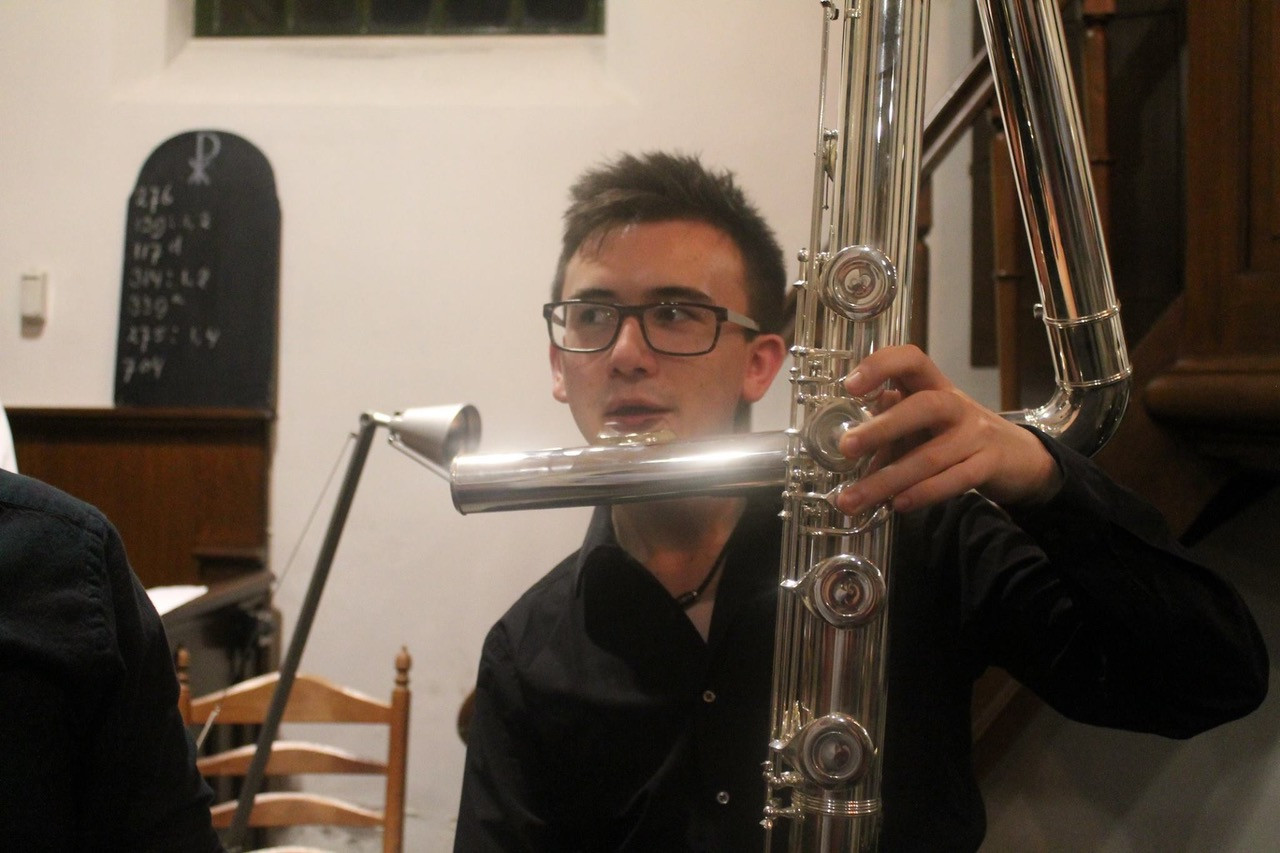
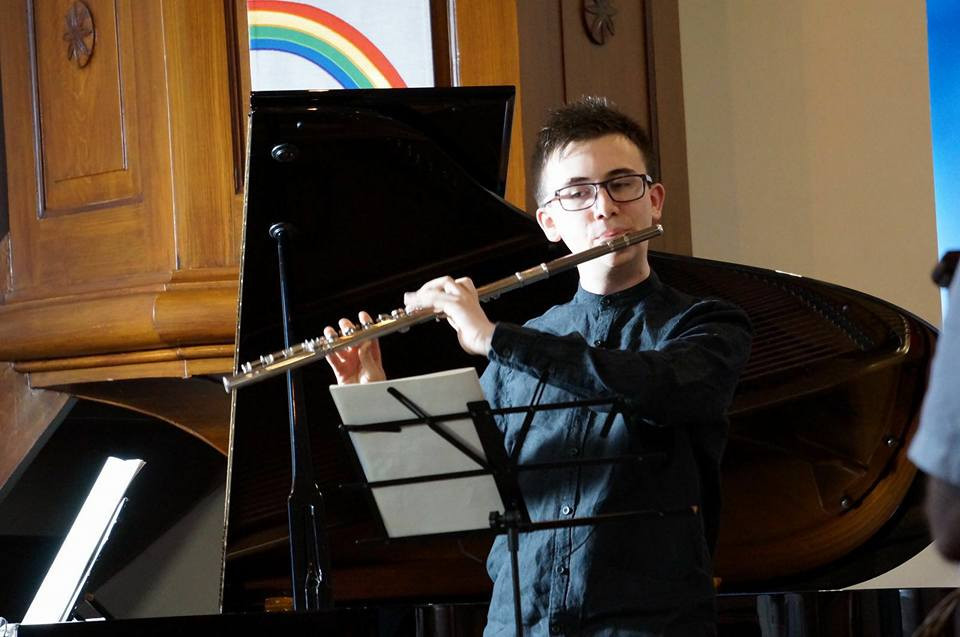








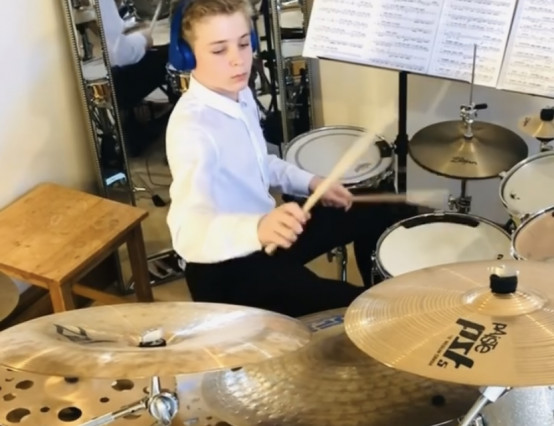
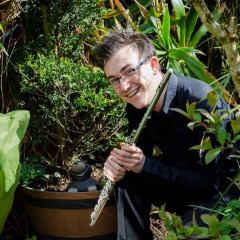

0 Comments